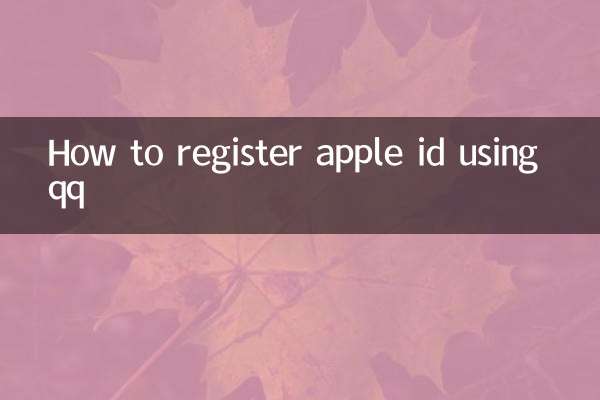How to eliminate speaker noise
In modern life, speakers have become an important tool for entertainment, work and study. However, the speaker noise problem often troubles users and affects the user experience. This article will combine the hot topics and hot content on the Internet in the past 10 days to introduce the causes and solutions of speaker noise in detail, and provide structured data for reference.
1. Common causes of speaker noise

Speaker noise is usually caused by the following reasons:
| Noise type | Possible reasons |
|---|---|
| buzz | Power interference, poor grounding |
| Hiss | Poor signal line quality and amplifier problems |
| crackle | Poor contact, damaged audio files |
| low frequency noise | Improper placement of speakers and resonance |
2. Practical methods to eliminate speaker noise
Based on recent popular discussions and user feedback, here are a few effective noise cancellation methods:
1. Check power and grounding
Power interference is a common cause of speaker noise. Make sure to use a stable power outlet and check that the grounding is good. If conditions permit, try using a power filter or UPS device.
2. Replace high-quality signal cables
Low-quality signal lines can easily introduce noise. It is recommended to use well-shielded audio cables and avoid running them parallel to power cables to reduce electromagnetic interference.
3. Adjust the speaker placement
When the speaker is close to a wall or corner, it is easy to produce low-frequency resonance noise. Placing the speakers a certain distance from the wall and using anti-vibration pads or brackets can effectively reduce resonance.
4. Check audio sources and devices
Make sure the audio file is lossless and check the audio output settings of the playback device (such as computer, mobile phone). Sound card driver problems on some devices may also cause noise. Timely updating of drivers or replacement of devices can solve the problem.
5. Use noise reduction software or hardware
For noise problems that cannot be solved through physical adjustments, you can try using noise reduction software (such as Audacity) or hardware (such as a noise reducer).
3. Recent popular speaker noise problems and solutions
The following are speaker noise problems and corresponding solutions that have been discussed more by netizens in the past 10 days:
| Problem description | solution | Discussion popularity |
|---|---|---|
| Intermittent noise occurs after connecting to the Bluetooth speaker | Check Bluetooth signal interference and stay away from routers and other devices | high |
| There is a current sound when playing through the computer speakers | Change the USB interface or use an external sound card | in |
| Home theater subwoofer buzzing | Adjust the position of the subwoofer and install sound insulation pads | high |
| The smart speaker makes a faint noise when in standby | Turn off the smart speaker’s frequent listening function | low |
4. Tips to prevent speaker noise
In addition to solving existing noise problems, prevention is also important:
1. Clean the speaker interface and plug regularly to avoid poor contact caused by oxidation.
2. Avoid exposing the speaker to moisture or high temperature to prevent circuit aging.
3. When using speakers, the volume should not be too loud to avoid damaging the speaker unit.
4. When purchasing speakers, choose a brand with a good reputation to reduce the risk of noise caused by quality problems.
Conclusion
Speaker noise problems vary, but with proper troubleshooting and adjustments, most problems can be solved. I hope the methods and data provided in this article can help you eliminate speaker noise and enjoy a pure sound quality experience. If you have other questions, please leave a message in the comment area to discuss!

check the details

check the details